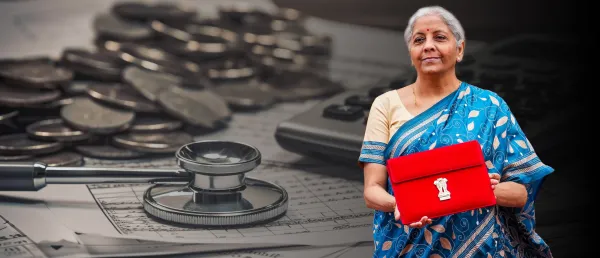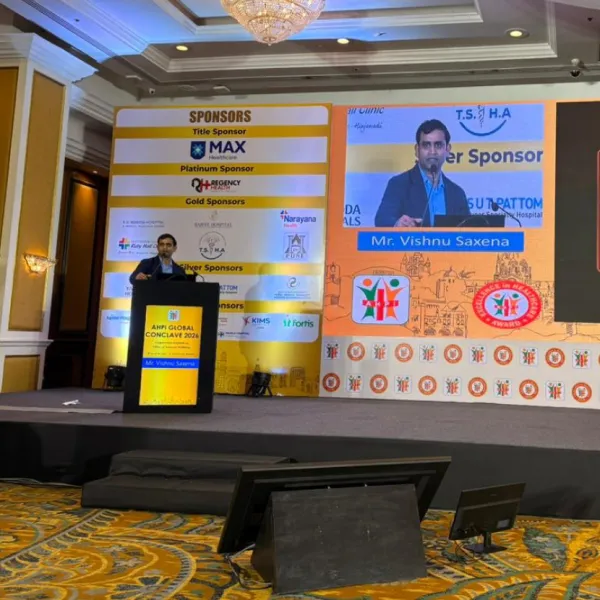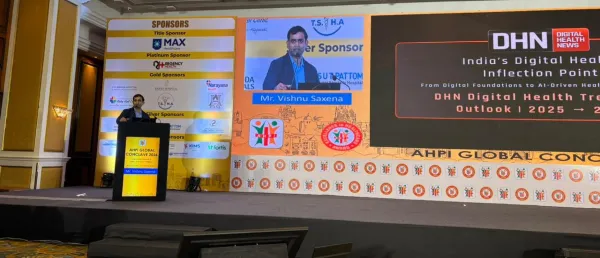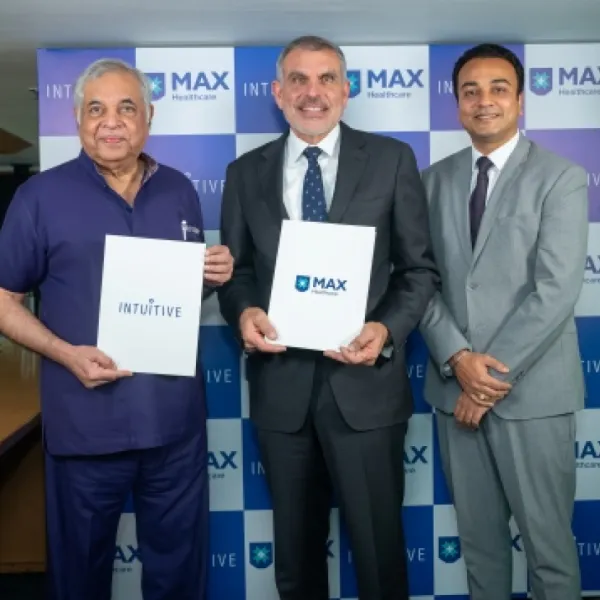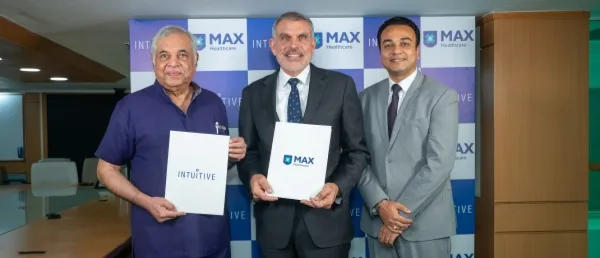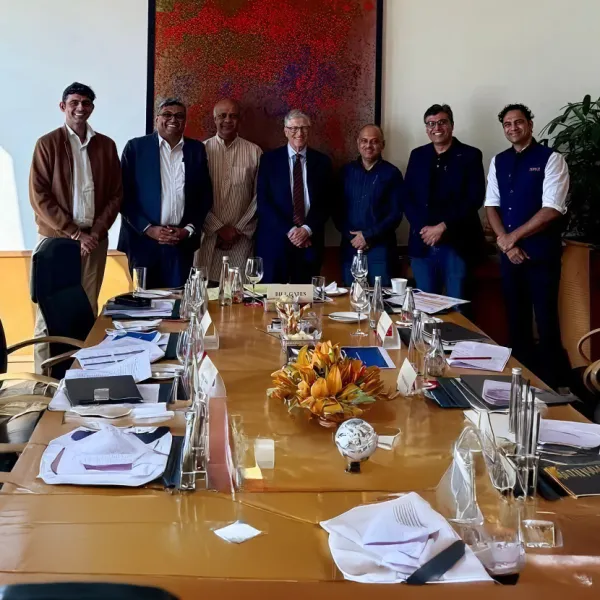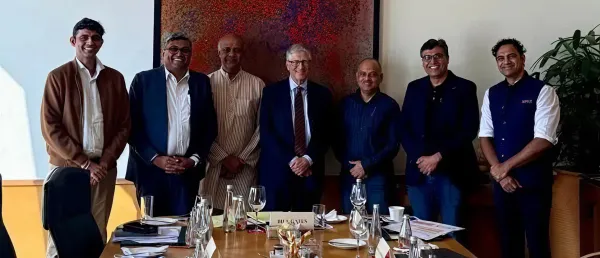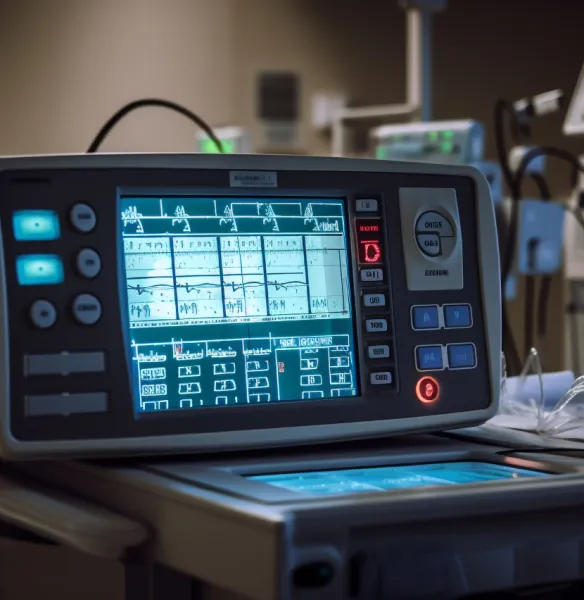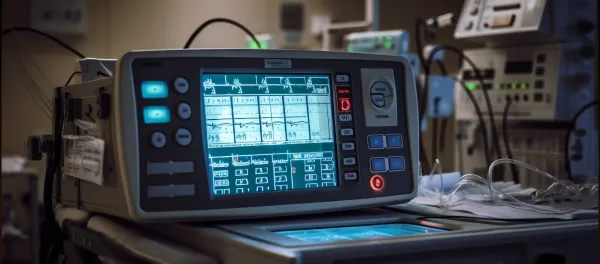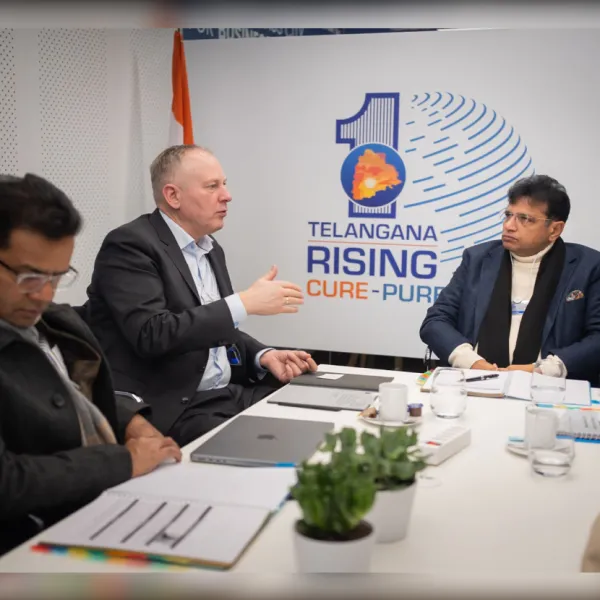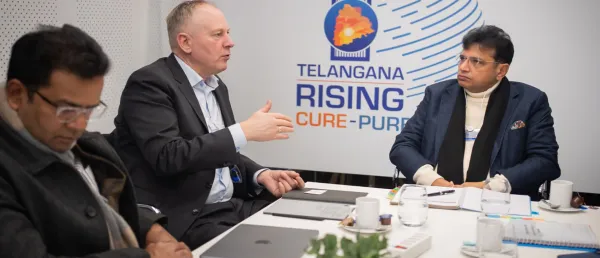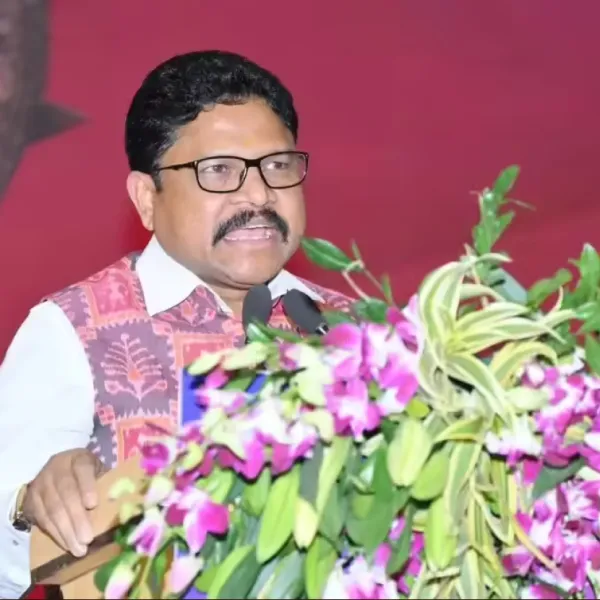Qure.ai Unveils QureOS to Revolutionize Healthcare in LMICs

standout feature of QureOS is its built-in AI chatbot, designed to support frontline healthcare workers, ensuring that health equity moves from aspiration to tangible reality.
In a groundbreaking move to address the pressing health equity crisis, Qure.ai has launched QureOS, an AI-powered digital health operating system tailored for Low-and Middle-Income Countries (LMICs).
This initiative comes at a critical time as health systems worldwide grapple with significant workforce shortages and infrastructure challenges.
“Health systems worldwide are overburdened, under-equipped and face workforce shortages, particularly in resource-constrained settings,” states Prashant Warier, Co-founder and CEO of Qure.ai. “While AI innovation continues to accelerate, adoption remains uneven, especially within Low- and Middle-Income Countries. We renew our call to action towards driving healthcare equity with the launch of QureOS.”
QureOS seeks to enhance access to quality care and improve resource allocation by integrating proven AI solutions from global vendors.
These solutions cover key areas such as non-communicable diseases, infectious diseases, and maternal & child health, all within a unified platform.
A standout feature of QureOS is its built-in AI chatbot, designed to support frontline healthcare workers, ensuring that health equity moves from aspiration to tangible reality.
The disparity in healthcare resources is stark; while western nations like Germany, the UK, and the USA boast a physician-to-population ratio ranging from 4 to 2 per 1,000 people, many LMICs see this number drop to below 1.
The situation is even more dire in several African and Asian countries, underscoring a looming health equity emergency as support programs falter.
“Health systems across many African countries face significant strain due to a shortage of trained personnel and limited infrastructure. A locally adapted AI-first digital health platform has the potential to bridge these gaps, delivering equitable and effective care to underserved populations,” states Okoye Chidimma Lilian, Project Coordinator, INTEGRATE TB Project at Catholic Caritas Foundation of Nigeria. “A trusted partner like Qure.ai has been pivotal in our journey. Its expertise and innovative solutions have played a crucial role in advancing our goals of health equity and improved outcomes for communities in need.”
Leveraging AI as a vital equalizer, Qure.ai emphasizes its potential in addressing public health challenges such as tuberculosis, where AI has already proven effective in large-scale disease screening in remote and underserved communities. QureOS aims to replicate this success across multiple disease areas.
With the surge in global AI innovation, QureOS is strategically crafted to overcome barriers to healthcare AI adoption in LMICs. It consolidates applications from established vendors across diverse disease specialties into a single platform, with an additional specialist AI chatbot to facilitate clinical decision support for primary healthcare (PHC) workers.
This advancement is expected to strengthen PHCs, streamline triage processes, enhance resource allocation, and ultimately improve patient care.
“A country-specific AI operating system that validates clinical effectiveness and tests against local datasets has the potential to advance health equity and boost health system performance at primary care levels. It will ensure healthcare innovations are tailored to local needs and fosters a sustainable, forward-looking and inclusive digital roadmap,” states Debarshi Bhattacharya, Project Director at Resolve to Save Lives.
Further, Health Ministries can leverage QureOS to prioritize local healthcare needs while embracing a systematic approach to testing and scaling high-quality AI solutions.
Rather than navigating a fragmented landscape of disparate solutions and pilot infrastructures, QureOS offers a cohesive platform and an AI-innovation sandbox designed to foster collaboration and effectiveness.
“While LMICs recognize the potential for AI to build resilient health systems, they are often overwhelmed by choice and constrained by the financial barriers for testing,” adds Prashant Warier, Co-founder and CEO of Qure.ai. “QureOS aims to address these hurdles, and we are rapidly moving towards deployment in nations such as Africa facing severe health inequalities.”
Stay tuned for more such updates on Digital Health News.
Stay tuned for more such updates on Digital Health News








